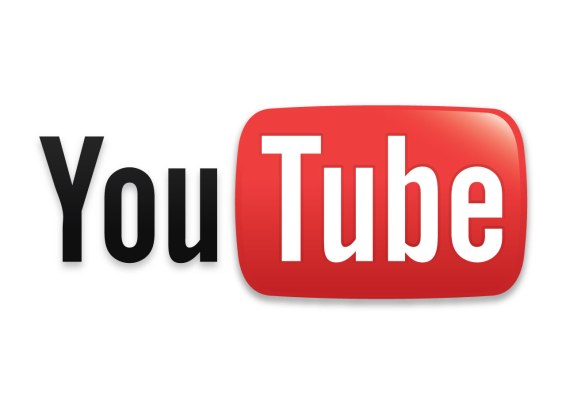YouTube has once again beaten Viacom in the long-running copyright case that the companies have spent the last several years fighting. This marks the second time U.S. District Judge Louis Stanton has taken YouTube’s side in the case, agreeing that the streaming video provider was protected by “safe harbor” provisions of the Digital Millennium Copyright Act.
The $1 billion lawsuit was filed way back in 2007, not long after Google acquired what was then a fledgling video startup for what was then an astonishing $1.65 billion. Viacom essentially argued that YouTube was knowingly allowing copyrighted material to be posted to its site as a way to boost its audience. YouTube, on the other hand, argued that it was merely a platform that users could add content to, and that it would take down any content that Viacom, or any other content provider, asked it to.
The judge in the case first ruled in YouTube’s favor back in 2010, granting a summary motion to dismiss the case. But it was revived about a year ago, when an appeals court reversed the decision, sending the case back to court. Once again, the judge decided that YouTube was protected by the DMCA safe harbor provision, after what looks like some back-and-forth about whether YouTube willfully infringed and/or if Viacom did a good enough job of sending takedown notices.
In the meantime, Viacom and YouTube have actually started working together, as movies from Viacom’s Paramount Studios are actually available for rent on the streaming site. And other Viacom properties like Comedy Central have channels on the site.
Viacom says it’ll once again appeal the decision, as it hopes to get a jury to rule in the case, rather than just some judge’s summary, um, judgment. Its statement below:
“This ruling ignores the opinions of the higher courts and completely disregards the rights of creative artists. We continue to believe that a jury should weigh the facts of this case and the overwhelming evidence that YouTube willfully infringed on our rights, and we intend to appeal the decision.”
